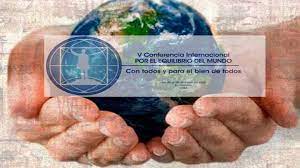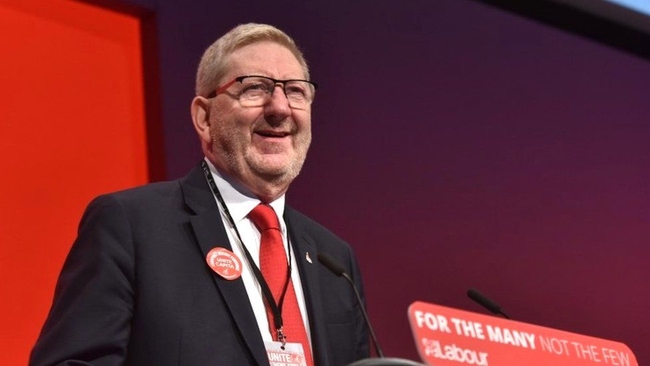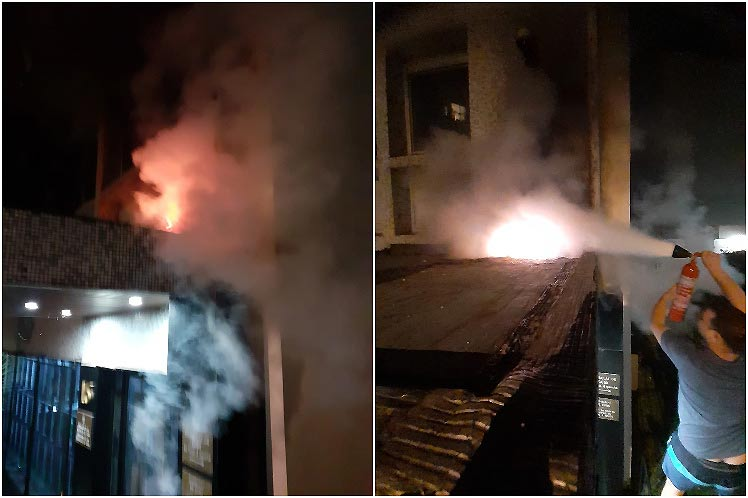In the Peace Declaration read at the city’s annual memorial ceremony, Matsui urged the leaders of all nations to visit Hiroshima, which was devastated by an atomic bomb on August 6, 1945, and Nagasaki, which was obliterated by another atomic strike three days later by the United States.
Matsui then called on the world to “unify and manifest our passion in action” to proceed toward a world free of nuclear weapons. The declaration also touched upon the foreign victims of the atomic bombing, including those from the Korean Peninsula, which was under Japanese colonial rule at the time, as well as from China, Southeast Asia and U.S. soldiers who were prisoners of war.
A moment of silence was observed at 8:15 a.m., the time the atomic bomb exploded over Hiroshima at an altitude of about 600 meters, killing an estimated 140,000 people by the end of 1945. A second atomic bomb was dropped on Nagasaki on Aug. 9 that year, and Japan surrendered six days later, effectively ending the war.
In his speech, Abe said Japan, as the only nation to have suffered from atomic bombings, continues to uphold Japan’s three non-nuclear principles of not producing, possessing or allowing nuclear weapons on its territory.
The prime minister also emphasized the importance of maintaining and enhancing the Nuclear Non-Proliferation Treaty that binds its signatories not to pursue atomic weapons programs. Abe said he will maintain his efforts to create a world free of nuclear weapons by asking both nuclear-weapon and non-nuclear-weapon states for cooperation, and by showing world leaders and young people the painful reality of radiation exposure.
During the ceremony, a message from U.N. Secretary-General Ban Ki-moon was also read out by a representative.
“Today, the world needs the hibakusha spirit more than ever,” at a time when “global tensions are rising” and progress on nuclear disarmament is “hard to find,” the message said, adding that nuclear powers “have special responsibility to prevent another Hiroshima.”




